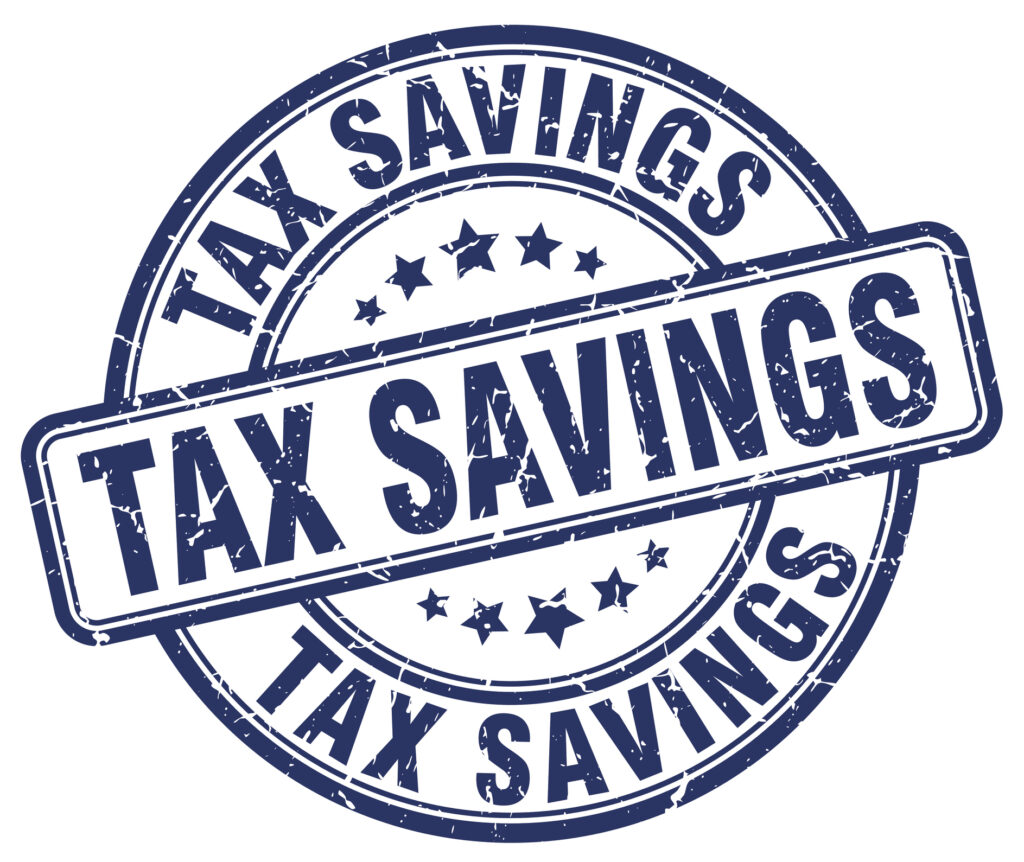Have you ever wondered, “How do taxes work when I’m living in another country?”
In this blog post, we are going to focus on taxes that expats pay on their investments when living overseas.
Navigating the complex waters of taxation can seem daunting. At Hampton Bridge, we understand the unique challenges faced by individuals. We are here to provide comprehensive financial and tax advice tailored to your needs.

Understanding the Basics: Taxes for Expats Living Abroad
Living abroad doesn’t absolve you from all tax responsibilities. Various countries have different expatriate tax requirements, making it essential to be informed.
Your nationality plays a significant role in the taxes you pay when you live overseas. Read on to see how we can help you maximise your income and investments.
Depending on your needs, you may find it helpful to read our blog on “Lump Sum Investing” or “Expat Retirement Planning”.
If you are looking for general investment advice, you may find our blog on “Invest in the S&P 500” is more what you are looking for.

Offshore Tax Havens: A Dive into Tax-Free Growth for Expats
Let’s journey through some prominent tax havens – the Isle of Man, Guernsey, British Virgin Islands, and Labuan – and shed light on how they facilitate tax-free growth on investments.
Isle of Man
Located in the Irish Sea off the coast of the UK, the Isle of Man is renowned as a self-governing jurisdiction, independent of the UK.
The island doesn’t impose capital gains tax, inheritance tax, or value-added tax, making it particularly attractive for expats and international businesses and business people.
For instance, an expat from Germany, traditionally burdened with high capital gains taxes at home, can invest in a property on the Isle of Man. Over the years, as the property appreciates, the investor can sell it without incurring capital gains tax, thus reaping the full benefits of the property’s appreciation.
This rule also applies if an expat from Germany, or anywhere else, was to open up some form of investment account housed on the Isle of Man
Guernsey
Nestled in the English Channel off the coast of Normandy (France), Guernsey boasts a robust and thriving financial services sector.
The island does not levy value-added tax, capital gains tax, or inheritance tax. This regime is very good for expats who hold substantial investments in stocks or mutual funds.
Consider a Canadian expat who invests in an international mutual fund based in Guernsey. As the fund performs well, its value grows, and upon the point of liquidation, the expat does not face any capital gains tax on the profit.
British Virgin Islands (BVI)
A group of islands in the Caribbean Sea, BVI is a recognised centre for international business companies (IBCs).
The region doesn’t impose corporate taxes, capital gains taxes, inheritance taxes, sales taxes, or value-added taxes on IBCs. Let’s say an Australian expat, taxed heavily on corporate gains back home, sets up an IBC in the BVI. This company, involved in IT Infrastructure, gains significant profits. Due to the BVI’s tax structure, these profits are not subject to corporation tax, allowing the expat to reinvest more of the earnings or distribute them as dividends without additional taxation.
Labuan
An island off the coast of Borneo in Malaysia, Labuan is fast becoming Asia’s preferred and trusted offshore financial hub.
Expats benefit from its low corporate tax rates (a mere 3% on net audited results or a fixed rate of MYR 20,000 on trading income), no inheritance tax, no value-added tax, and no capital gains tax.
An example can be seen with a British expat, facing traditionally high taxes in the UK, who moves his tech startup’s financial operations and houses them in Labuan. Over time, the startup yields substantial profits. Opting for the fixed rate, the startup’s trading income tax is capped, preserving far more of its earnings.
In a world where financial borders are increasingly fluid and flexible, offshore tax havens like the Isle of Man, Guernsey, BVI, and Labuan provide expats with opportunities to maximize their investments’ growth. Taxes for expats in all of these areas cease to exist or are far more favourable than in countries that employ a “normal” tax regime.
By understanding the nuances of each jurisdiction and the taxes for expats in each location, expats can make informed decisions and thrive in a tax-efficient environment.

Taxes for Expats: How do I Invest in Offshore Tax Havens
Please go to our Advice Centre where there are so many blog posts that can help you understand the investment advice that Hampton Bridge offers its clients.
Taxes for Expats: Why Expats May Need Specialised Tax Services
General tax advisors might not be equipped to handle taxes for expats, like avoiding double taxation and understanding the tax implications for people living overseas. That’s where taxes for expats service, like those offered by Hampton Bridge, come into play.
We have seen many reputable domestic tax and financial advice companies fall foul when they deal with taxes for expats.
Often these questions can be answered on expat websites and forums and usually established tax companies in your country of residence will write articles on social media and publish them for free to advertise their business knowledge.

Frequently Asked Questions (FAQs)
1. How Do Expats File Taxes?
Expats can file taxes similar to residents but with additional forms and considerations. Engaging in expat tax services ensures accurate filing.
2. What is the Tax Deadline for Expats?
Tax deadlines can vary based on the host country. For U.S. expats, there’s usually an automatic extension, but it’s always advisable to check with an expat tax advice provider.
3. Can Expats Claim Tax Deductions?
Yes, expats can claim certain tax deductions. Knowledge of these can reduce your taxable income substantially, making expert tax advice indispensable.
4. How to Avoid Taxes as an Expat?
While it’s impossible (and illegal) to evade taxes, there are legal ways to reduce tax liability. Solutions include understanding treaties and the specifics of avoiding double taxation expats might face.
5. Do Expats Pay Taxes in Both Countries?
It’s a possibility. However, many countries have agreements in place to prevent double taxation. Expats should always consult a professional to understand their specific situation.
Hampton Bridge: Your Partner in Expat Financial Success
Hampton Bridge offers unparalleled expertise and tailored solutions, ensuring that your financial future, no matter where you reside, is secure with our knowledge of taxes for expats.
.



